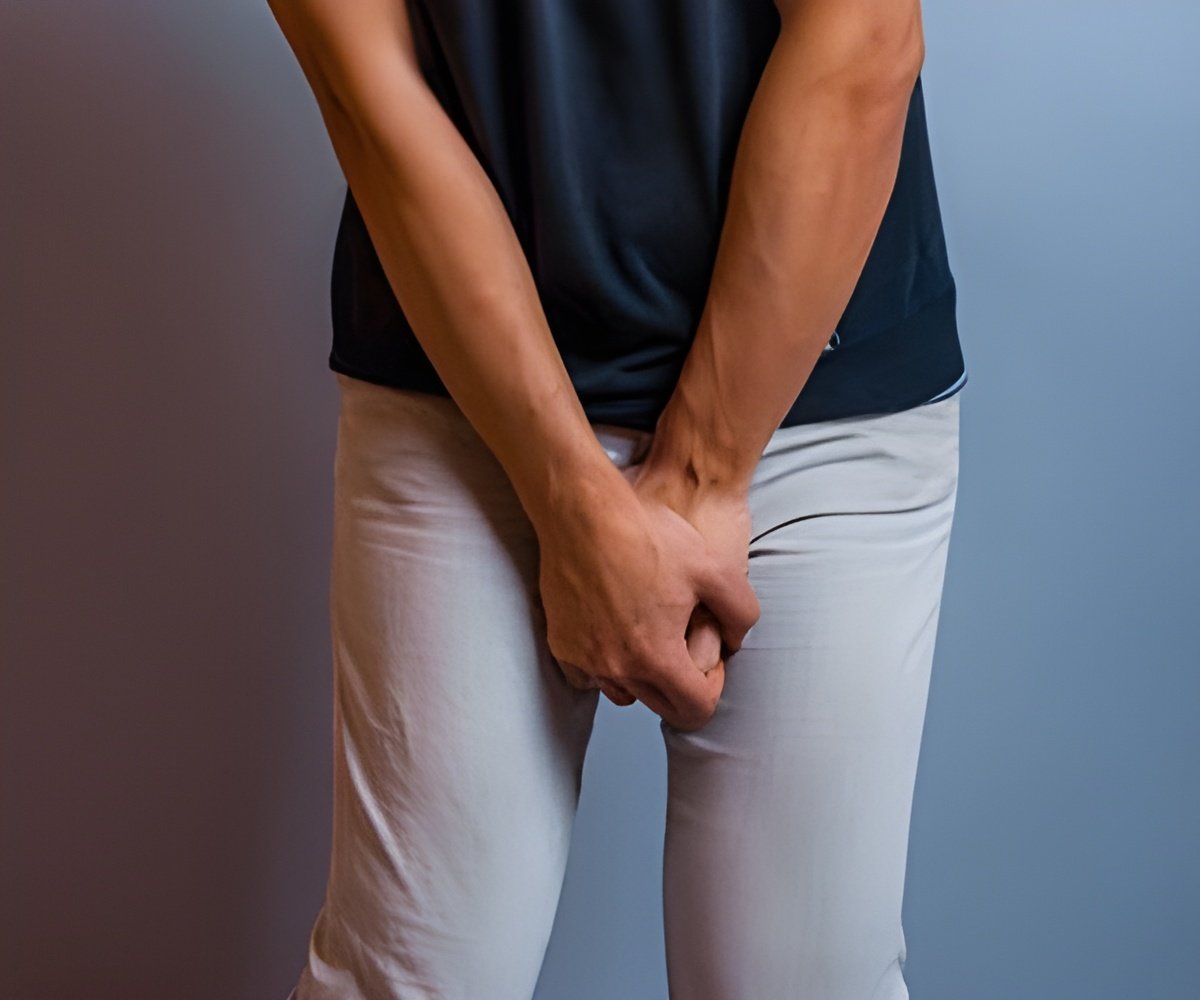
‘The gait of older adults tends to become slower and narrower during urinary incontinence, which increases the risk of falling.’
Tweet it Now
There is not much evidence that treating people’s urinary incontinence reduces their risk of falling but researchers have demonstrated that the sensation of urgency is a source of distraction.The team studied the gait of nearly 30 older adults diagnosed with overactive bladders with the help of the gait lab in the Syncrude Centre for Motion and Balance at the Glenrose Rehabilitation Hospital.
Using the lab’s 3D capture technology, which takes highly accurate measurements of gait and joint position, they asked subjects to walk the length of the lab and back—first under normal conditions, then while doing a simple cognitive test at the same time, and finally after drinking enough water or tea to make them feel the urge to go to the bathroom.
Researchers found that the feeling of urgency caused by a full bladder induced similar changes in gait to those caused by the distracting task.
This is good evidence that people with incontinence are being distracted by their bladders, which means that they’re less able to concentrate on walking.
Advertisement
One of the incontinence issues is that despite being common in older adults, it isn’t talked about very much, even between a physician and their patient.
Advertisement
If a family physician looking after someone who is having problems with falls, one of the things that should be asked is, “‘Are you also having problems with your bladder?’ If so, then what can be done about that?”
Future research should explore whether treating incontinence has any effect on falling risk. One treatment avenue is using medications to treat overactive bladders, but another approach that may show promise is using physiotherapy and special training to reduce incontinence.
Increased awareness about the link between incontinence and balance is needed in a wider healthcare system.
Source-Medindia














